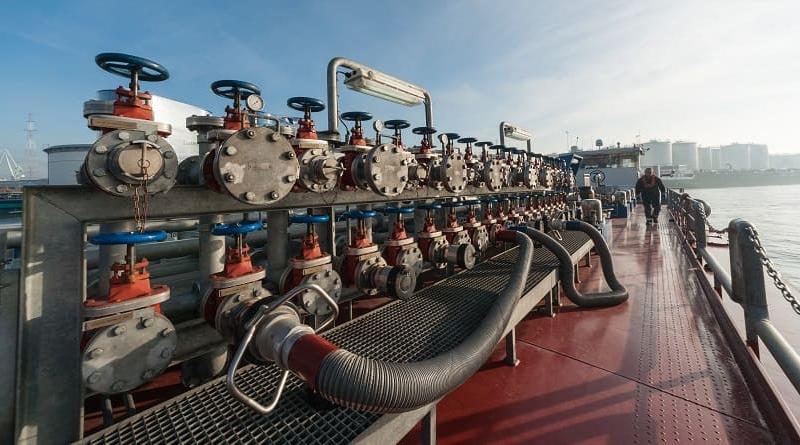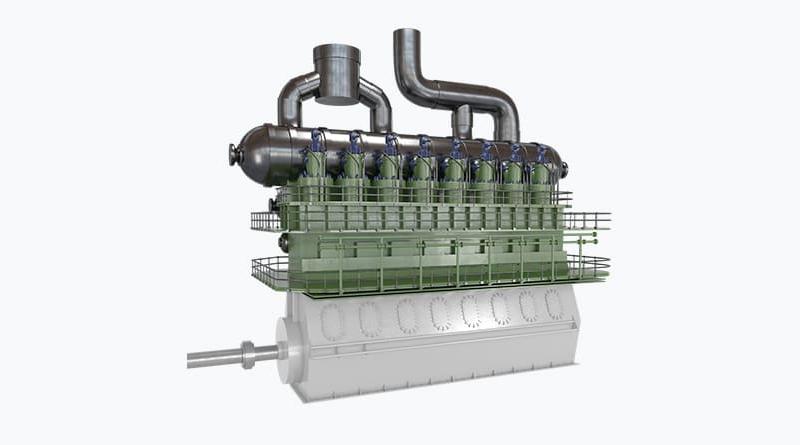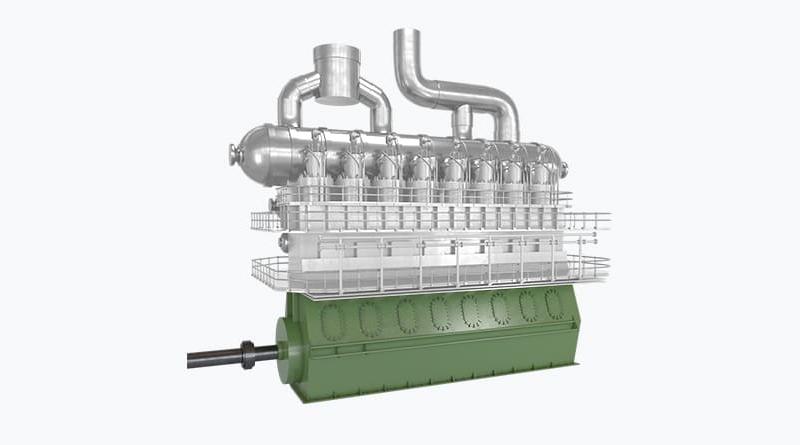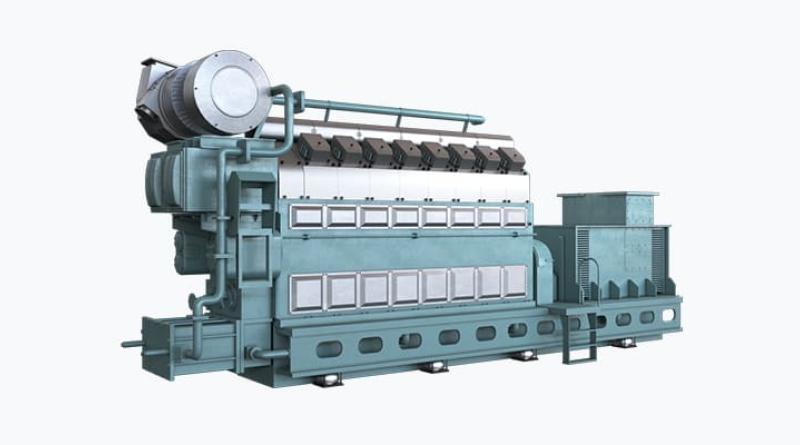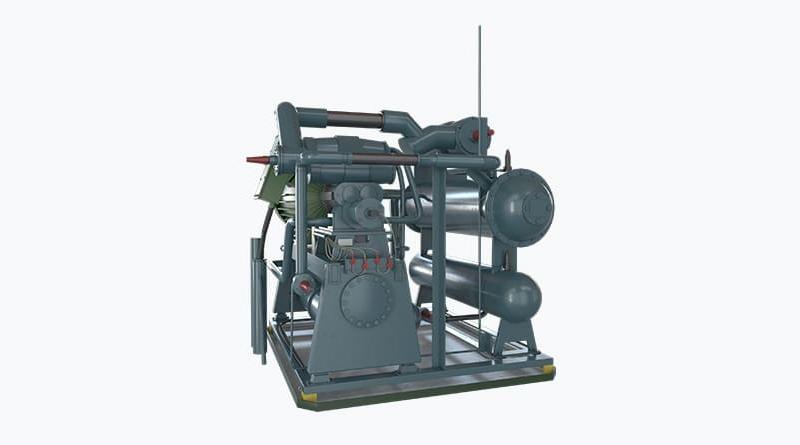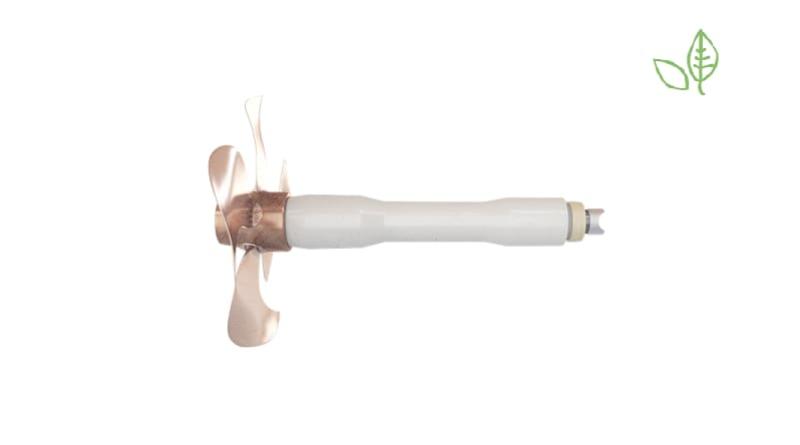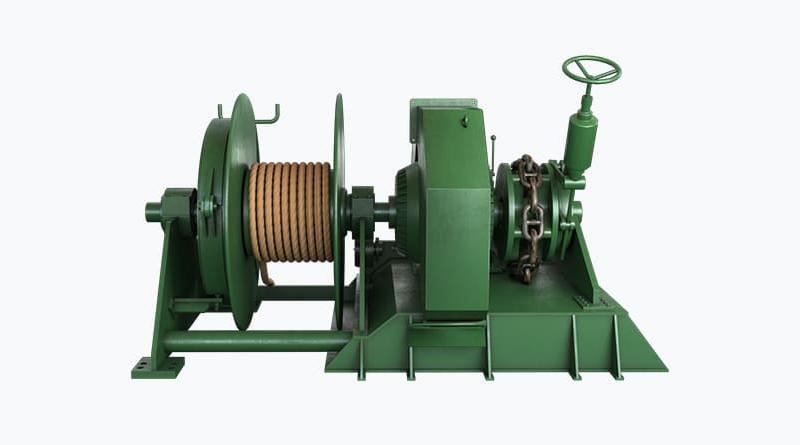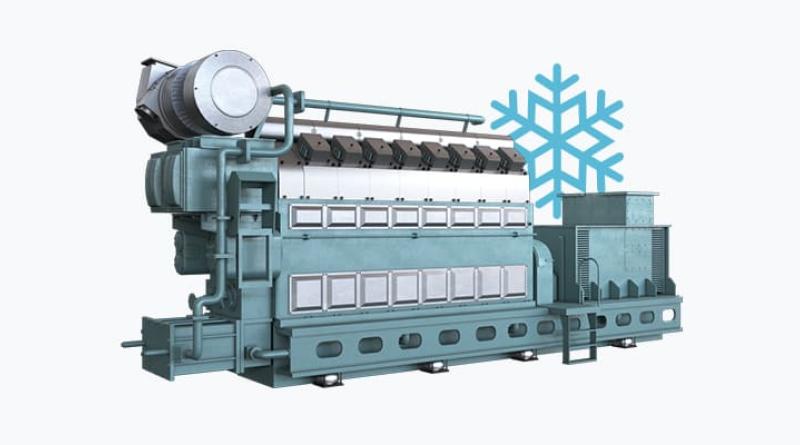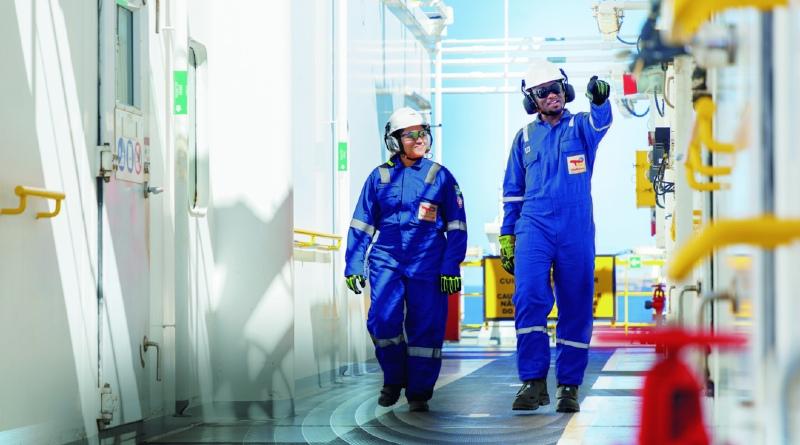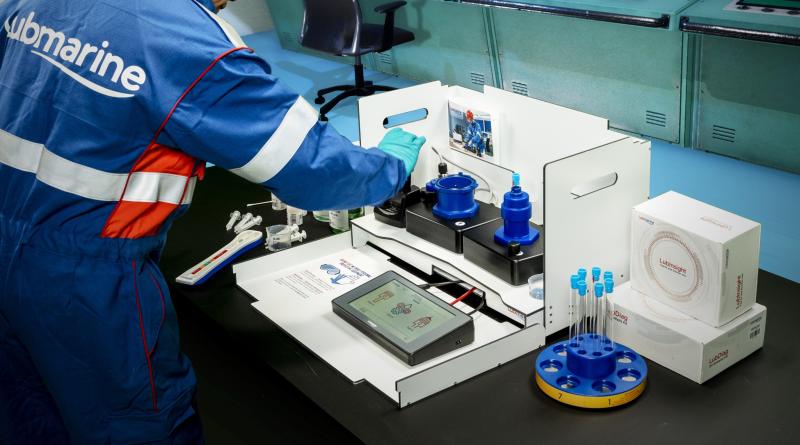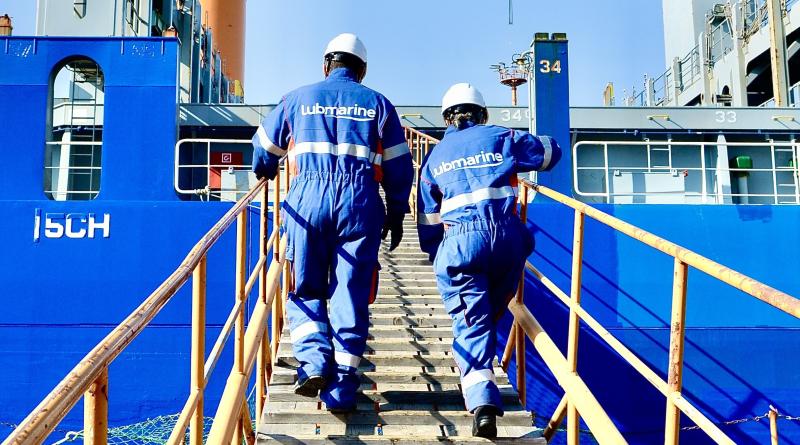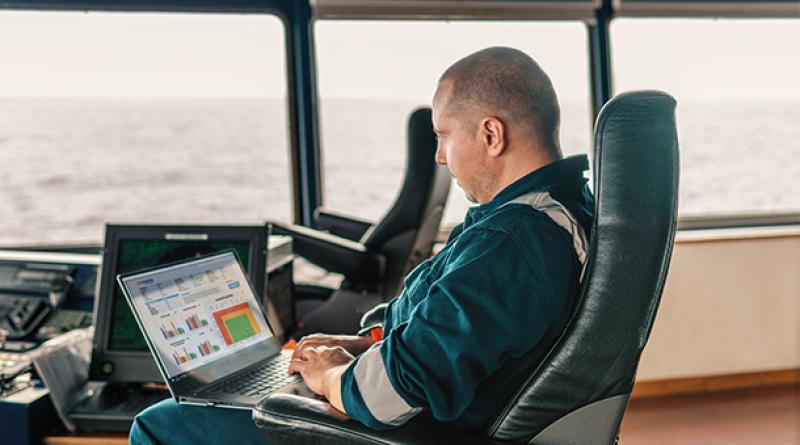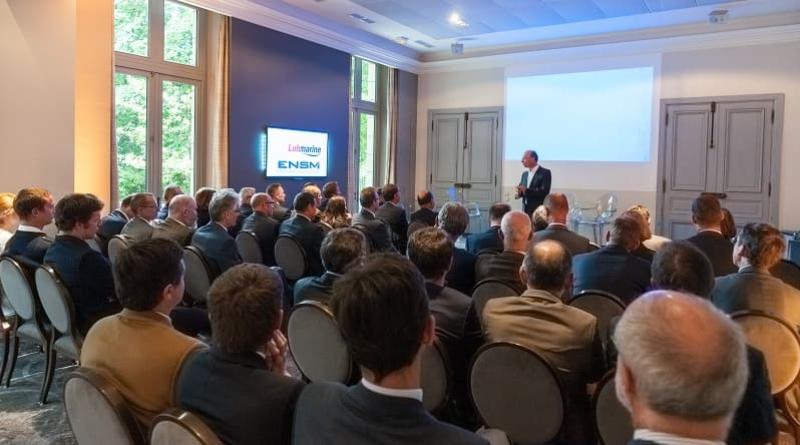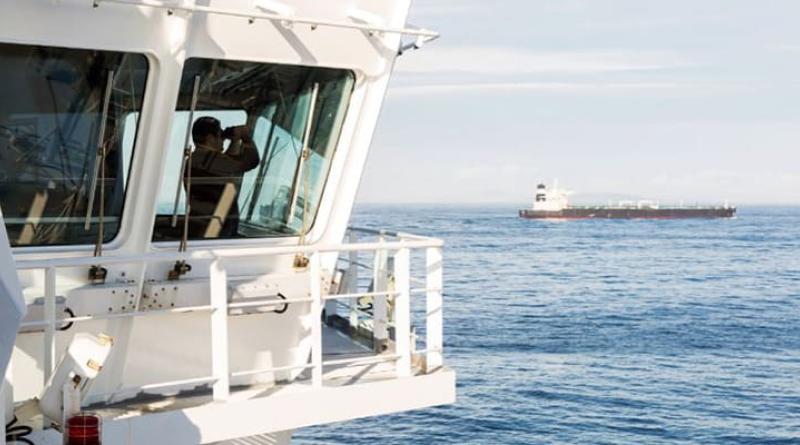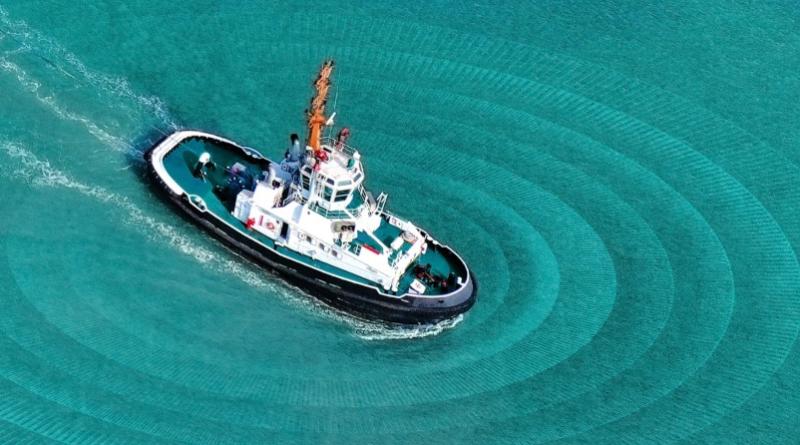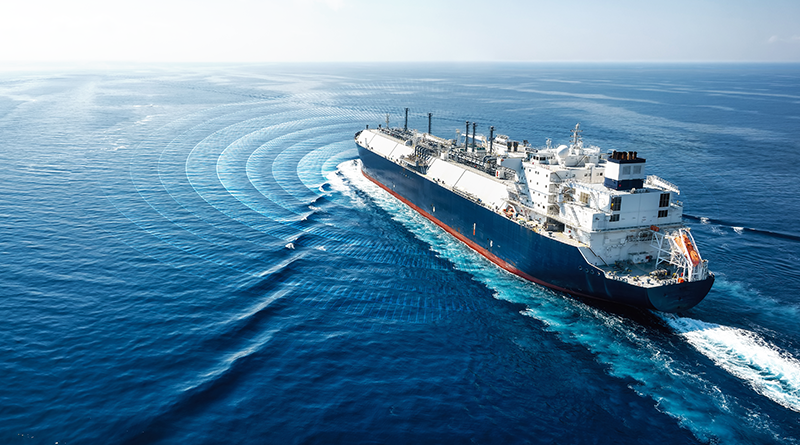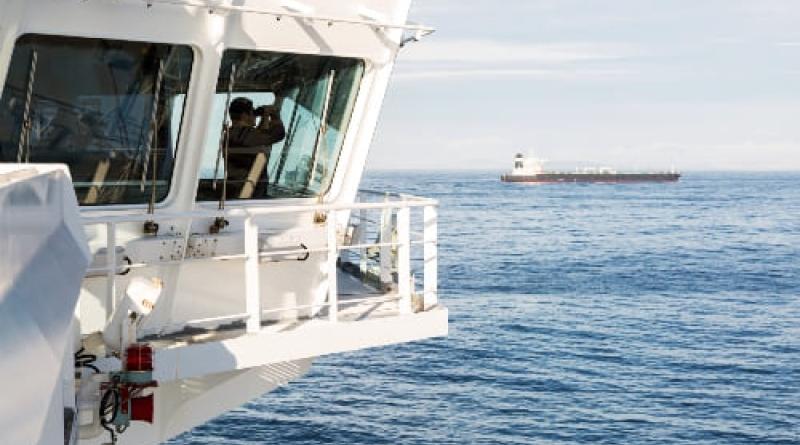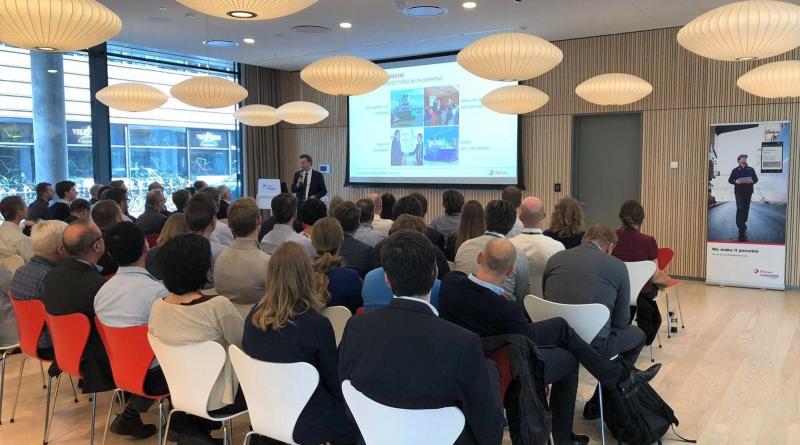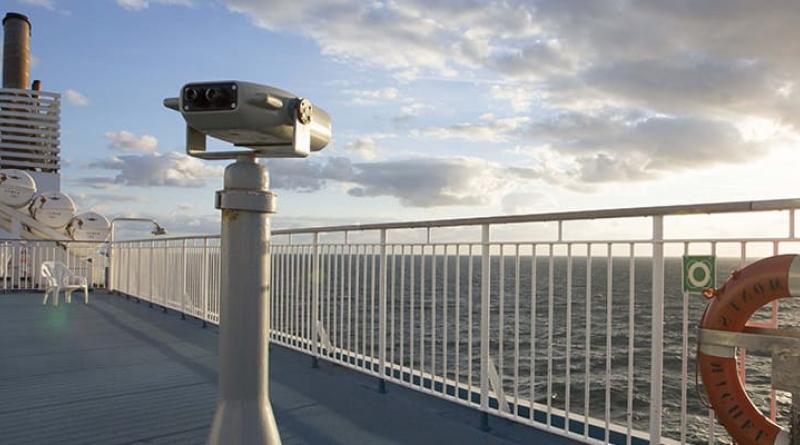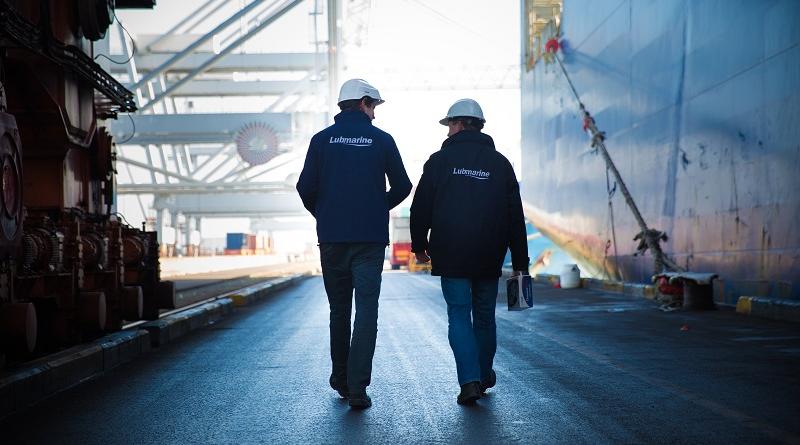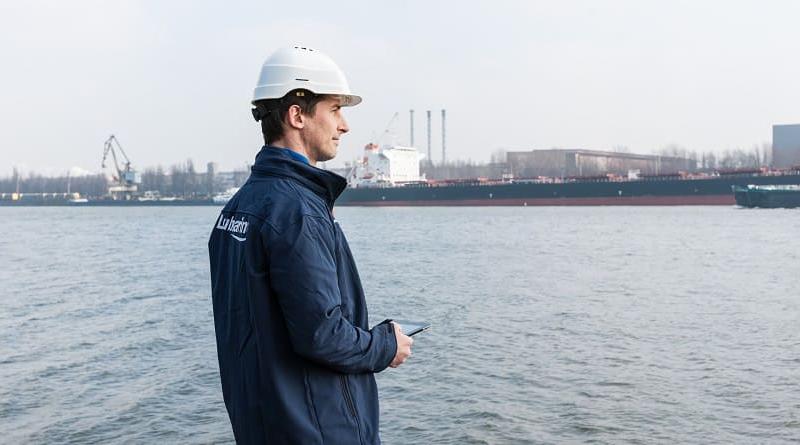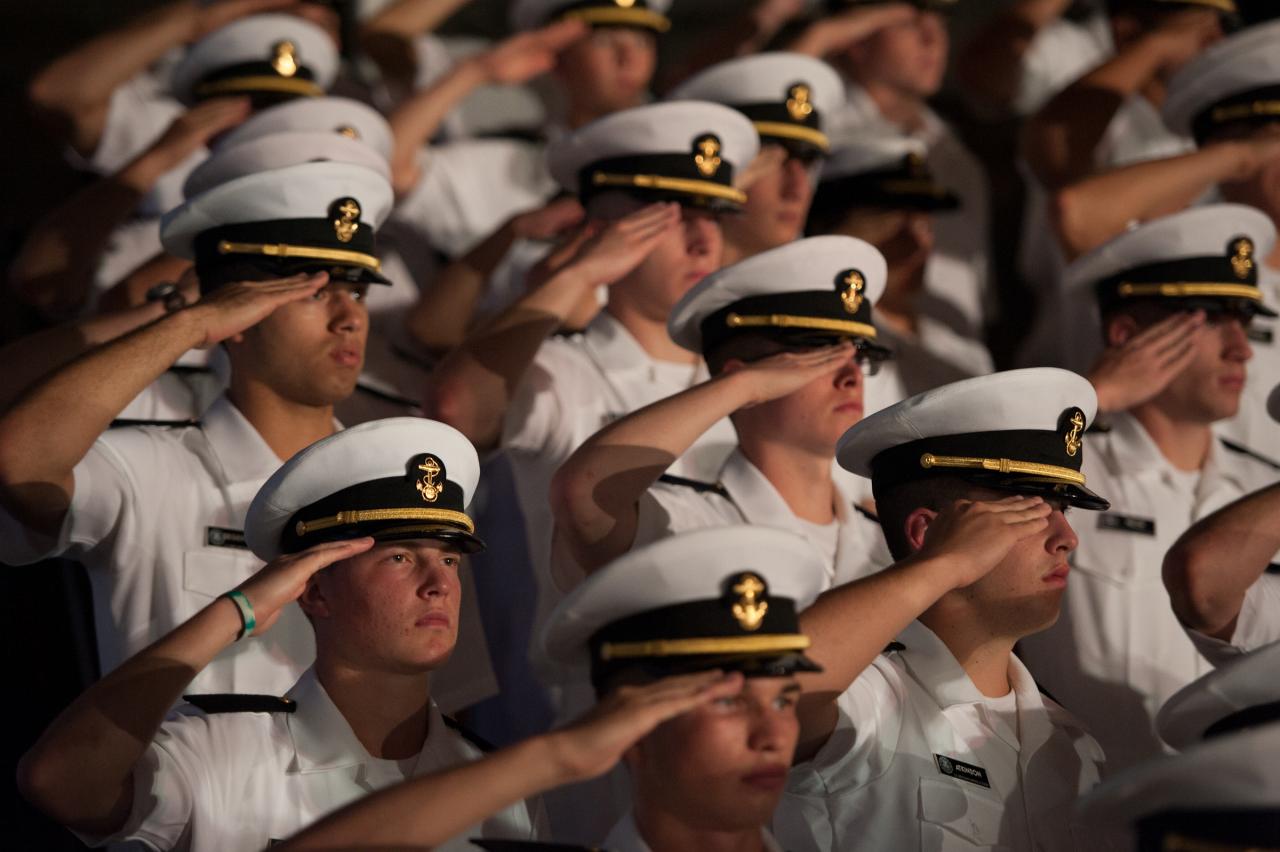
Three members of Total Lubmarine’s Americas team returned to the U.S Merchant Marine Academy (USMMA) where they trained as cadets to deliver a lecture encompassing modern cross-head diesel engines, system lubrication, cylinder lubrication, drain oil analysis and environmentally acceptable lubricants. The lecture was delivered to 85 senior cadets, all with a year’s sea-time spent serving on arrange of ships.
We take a keen interest in cadets’ knowledge of lubrication, especially once they have completed some sea-time as this is often indicative of the emphasis that ship operators place on engine lubrication training.Engine lubrication is of critical importance to everyone on-board a vessel, not just the engineers. Since the change in Emission Control Area (ECA) regulations in January 2015, ships entering ECAs have to change from using heavy fuel oil (HFO) to fuel with a sulphur content of less than 0.1%, necessitating an adjustment of the ships’ engine lubrication. Failure to do so carries a real risk of loss of propulsion. The fuel and lubricant change process entails tasks for the entire crew of a ship and makes understanding of engine lubrication critical. But it seems that many cadet officers have a need for greater knowledge on lube related issues.
A survey of the students, expecting to graduate in June 2016, revealed that while lubrication was thoroughly covered as a topic by the USMMA, 78% received no practical lubricant training while at sea. 95% of the cadets could not remember or were never told the key base numbers (BN) of the cylinder oils used on their vessels, and 53% did not know who their vessels’ lubricant providers were. This is indicative of a general need for ship operators to provide more lubrication training, practically reflected by nearly a quarter of the cadets commenting on issues they observed aboard their vessels during their year at sea – cylinder liner problems, contaminated sump tanks, generator lubricant issues and stern tube lubricant contamination.
The need for more attention to be paid to lubricant training is not limited to a particular sector of the shipping industry – cadets consulted spent up to a year at sea with companies operating vessels in almost every conceivable sector of the industry including tanker, dry bulk, passenger, container and ro-ro.
Given these circumstances, we consider it vital to continue raising awareness of lubrication at all levels of the maritime sector, from delivering lectures to marine cadets to sending our sales engineers on-board both customer and prospective customer vessels to enhance the understanding of engineers and officers and impress upon them the importance of training cadets entrusted to their care.
The lectures at the academy were well received and the Total Lubmarine team finished the visit by donating an initial set of lubricants for use in the cadets’ training to the USMMA’s waterfront, including U.S. Environmental Protection Agency recognised environmentally acceptable lubricants (EAL).


